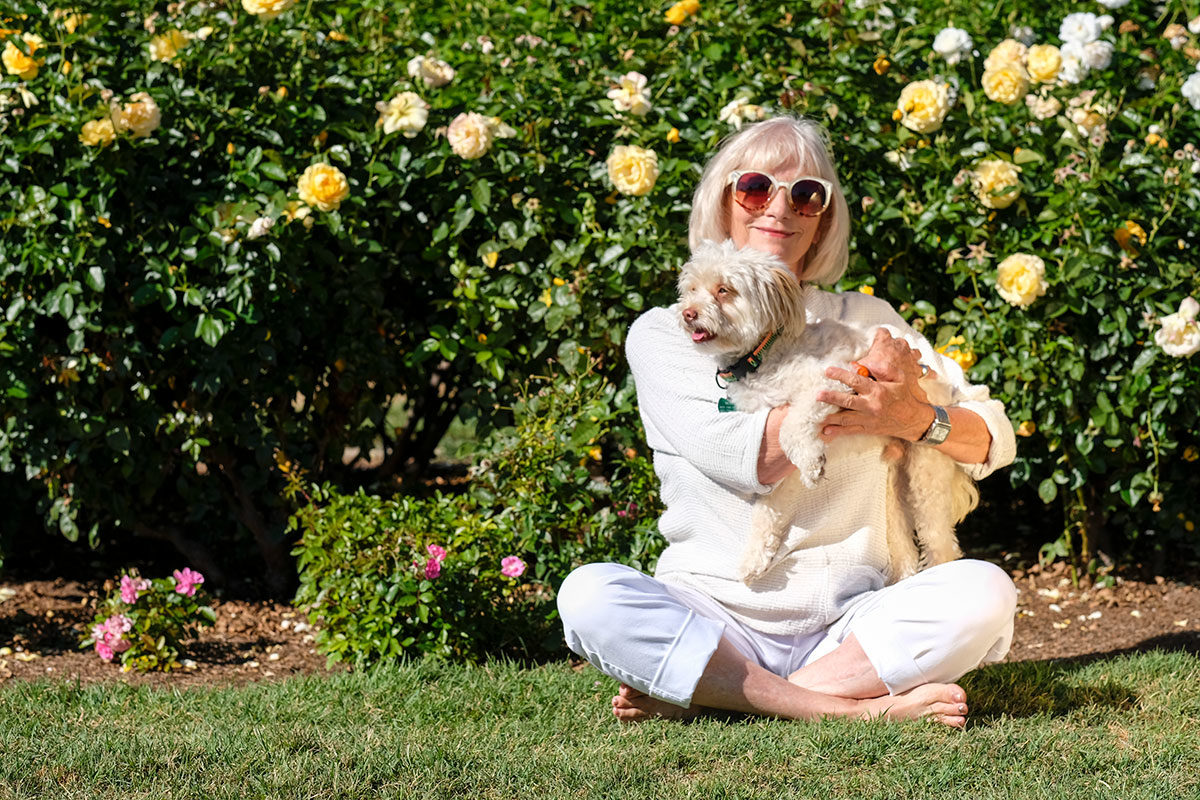We all have memories of friends: friends that love us, friends that shower us with blessings, friends that betray, criticize, abandon, lead us astray.
I gave an assignment to my class last week about friends. The pieces turned out to be stunning reflections into their families. Considering important friendships led my students to explore their original relationships.
Growing up, we become habituated to the way our parents and siblings behave. Their belief systems, including religious and political leanings, become our own. What is safe, what you eat, seem normal because it is all you know.
Then, you meet someone from another family, and that person becomes your friend. You recognize something familiar; perhaps this is why you chose them.
One woman wrote in my class that her friend made her feel nervous, on edge, criticized. Through writing her piece, she realized her friend was similar to her mother, for whom she was the needed support while her own needs went unfulfilled.
When we become aware of the role of our family relationships in our choice of friends, we can become wiser about how to navigate the difficult parts of all these relationships.
I do Tarot; a friend asked me to give him a reading. He was an abused child, afraid of loud, angry people because it reminded him of parents out of control. His friends were loud as well. He was the sane, quiet, thoughtful person in his crowd. He hid when it got too bad, not answering the phone, staying isolated. His friends continued the behavior he was raised with. The card that came up in his reading was The Devil. I stared at it, not knowing how it applied. When I read the interpretation, I understood. He was to remove his allegiance from all authorities, groups and friends, and turn within for guidance. His spirit was asking him to listen to himself.
My experience has taught me that in order to have a good friend, you must be true to yourself. My childhood best friend lived next door. She bought me bubbles, then told me when I could blow them. One day I blew them without permission and there were terrible consequences. It was the day of her birthday party and she wouldn’t let me come. I listened to children playing next door and wasn’t invited.
Reflecting on this much later in my life, I saw that this early friend was like my family: they had many gifts, but they would only give them if I gave them what they wanted. Things I loved were withheld until I “behaved.” This pattern repeated itself many times in my friendships, until I learned to stand on my own and resist the conditional offerings of others in favor of my own gifts. Having learned that, my life is filled with love and support from everyone.
Writing Class Prompt:
Write a list of friends you’ve had over the years. Choose the one that has the most juice when you think of them. What did you learn about yourself and your upbringing through this relationship?
Writing Tip:
I want to discuss the art of writing a simple sentence. In particular, I want to warn you against the use of words that do nothing but clog up and water down the power of your writing: words like very, extremely, and personal.
If something is important, adding very in front of it doesn’t make it more so. If you have a friend, you never need to say she is a personal friend. “Friend” says it all. Weathermen and politicians are the worst when it comes to using so many words you don’t know what they are saying; instead of saying, “There is unusual precipitation expected later on,” they could simply say, “It might rain.” Listen to the spokesperson for the White House for complex sentences that say nothing. Do the opposite.

